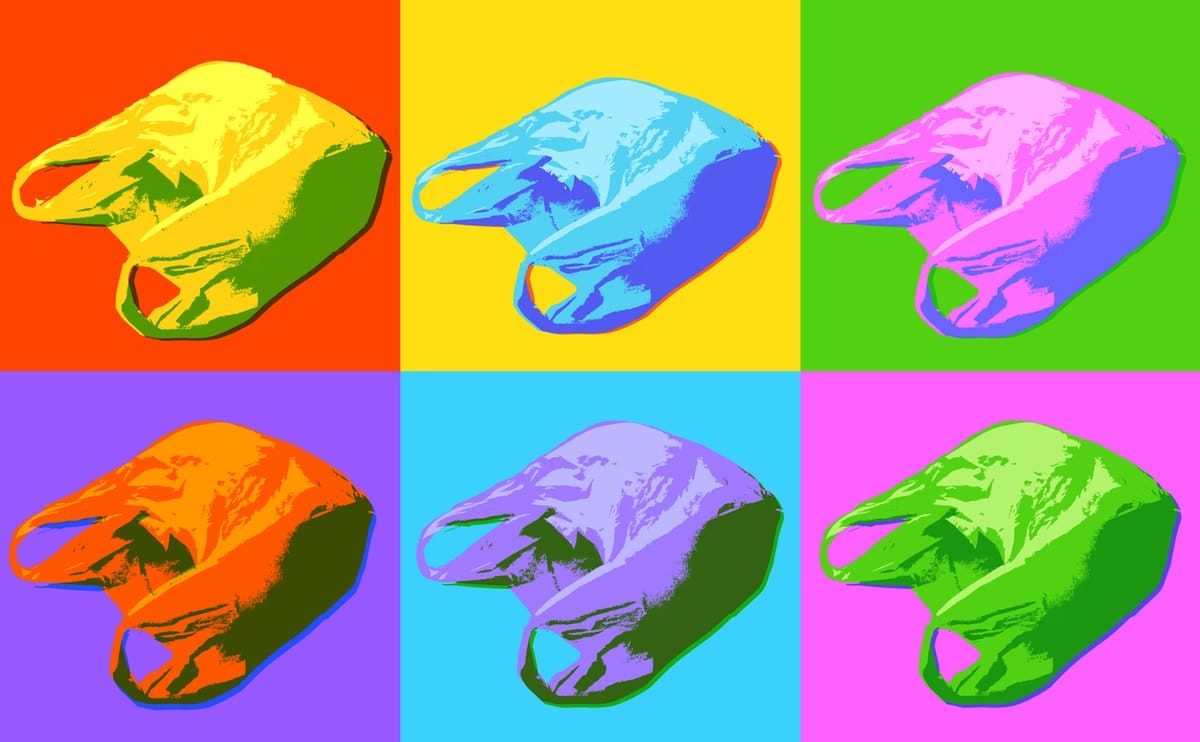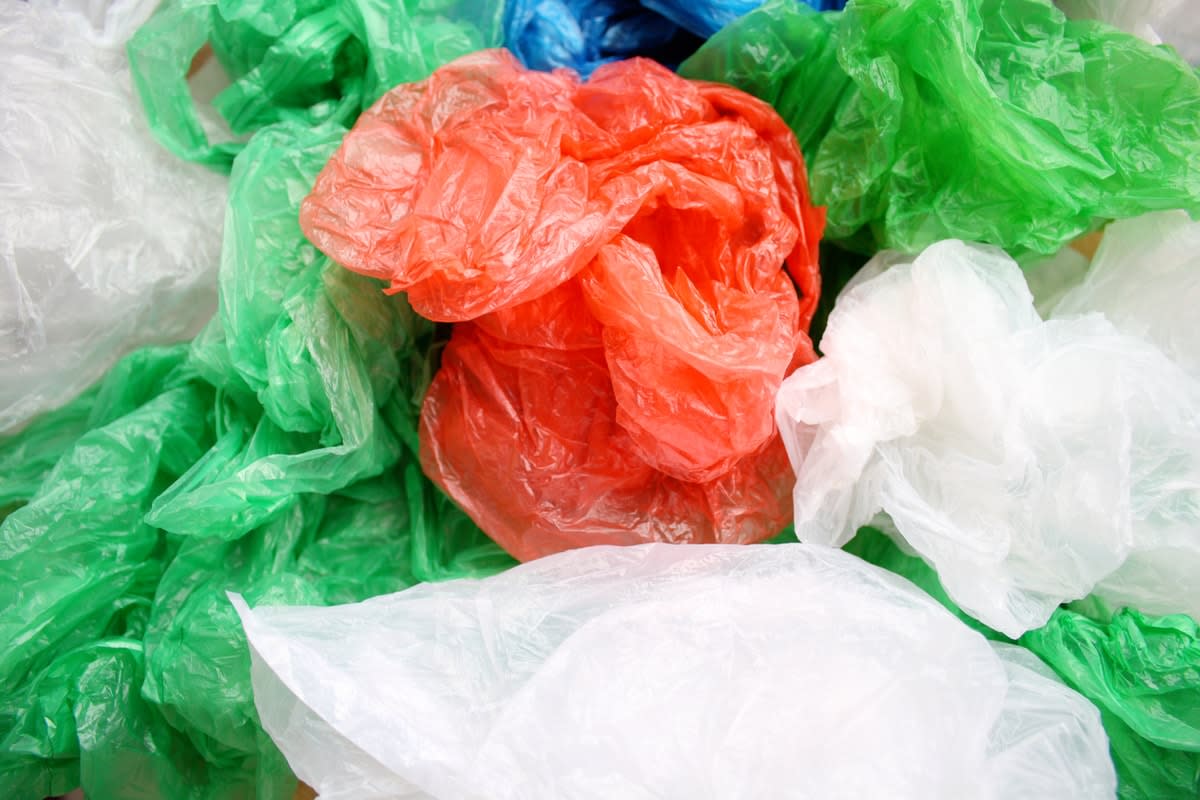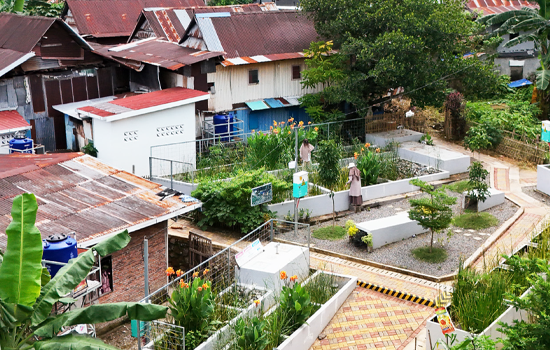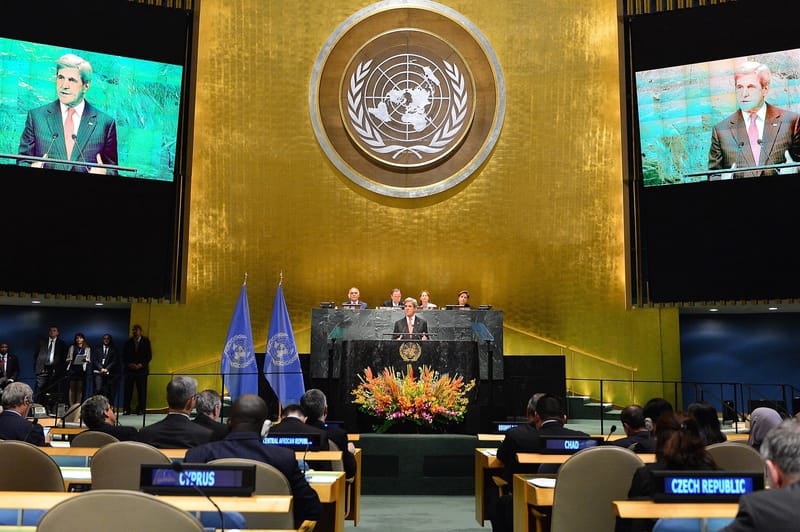
When the Quit campaign helped turn Australians off nicotine, we also learned that advertising could be a force for good.
Behavioural science researcher Kim Borg wondered if the powerful techniques that had prompted a generation to modify their behaviour for the sake of their health could also be used to protect the environment.
In the case of smoking, the change was two-fold – individual and societal. Smokers were gradually forced out of workplaces and restaurants, and into car parks and alleyways. As more people were forced to adapt to new laws, behaviour that had once been commonplace – a social norm – became unacceptable.
Borg’s PhD research looked at changing norms towards single-use plastics, particularly plastic bags.
Her motive was to provide insights for policymakers who want to implement environment policies designed to target “voluntary and prescriptive” behaviour change. The plastic bag ban was a powerful example playing out in real life.
How could Australians be persuaded to give up their free access to this ubiquitous product? Would we remember to carry the heavier plastic or cloth bag replacements? Would we resent a supermarket ban on plastic bags?
Part of her PhD looked at the interplay between social media, as it related to the supermarket plastic bag ban, and news reporting on the topic.
“The research is trying to understand how the media already influences our behaviour without us necessarily knowing about it,” she says. “I was trying to understand how social norms were expressed by the news media and how they’re expressed in social media, and to look at the interplay between the two and to see how things changed over time.”
Read more: How to break up with plastics using behavioural science
Lightweight plastic bags comprise just 1% of the nation’s litter stream by weight, but have a shocking impact on marine environments, where they break down into microplastics and enter the food stream, or are consumed by sea-dwelling animals because they look like jellyfish.
In 2018, when the supermarket plastic bag bans were introduced, the media carried reports of dead whales that had died of starvation, with plastic bags in their stomachs. And influential documentaries appeared, such as The War on Waste and Blue Planet 2, that looked at how indiscriminate plastic consumption was affecting the environment.
Borg’s research examined 42 news articles posted between July 2017, when the bans were first announced by Coles and Woolworths, up to September 2018, a month after the bans were fully implemented. During that period “there were reports of backflipping and backlash, and all sorts of things”, Borg says.

Ban supported on social media
On social media, most – but not all – commenters supported the plastic bag ban. News media, on the other hand, initially reported support for the ban, but then published articles about disgruntled consumers complaining about the inconvenience, including one notorious incident in which a shopper attempted to strangle a Woolworths staff member over the lack of free plastic bags.
On 1 August, Coles reacted to the negative news stories by announcing it was introducing free reusable bags indefinitely. This prompted a sharply negative social media response, Borg says.
“Social media commenters said, ‘Oh my God, you can’t backflip’. People shifted from sharing opinions specifically about the ban to talking about Coles and their indecisiveness … They were saying, just make a decision and commit to it.”
“If people are exposed to more social media content, what do they believe about social norms regarding plastic bags? And if they’re exposed to more news content, what do they believe? We found that news media wasn’t a significant predictor of social-norm perceptions at all.”
The condemnation was similar to that faced by former prime minister Kevin Rudd, who described climate change as the moral challenge for a generation – and then retreated from his own climate change policy. Politically, Rudd never recovered from this about-face.
Similarly, Coles “hurt their brand” by being indecisive, Borg says. The news reports about individual consumers responding badly to the ban weren’t wrong, she says, although some were misleading. The story of the assault, for instance, “was repeated across multiple news articles, released at different periods, which made it seem like that behaviour was really common, whereas it was just that one example”.
Interrupting the dominant narrative
Meanwhile, the social media response to these disgruntled consumers was also instructive.
“The biggest opinion that came out of social media was, ‘We do not approve of these bad behaviours and we do not approve of your complaining’. The sentiment was, ‘Just get on with your life, shut up, move on, you're just moaning’.”
Social media gave “everyday people an opportunity to interrupt the dominant narrative”, she says.
“What we saw on social media aligns a lot better with what we see in opinion polls around the plastic bag ban anyway,” says Borg.
Read more: Bans are effective, but not the endgame in solving the plastic problem
That finding was reinforced by later research that asked: “If people are exposed to more social media content, what do they believe about social norms regarding plastic bags? And if they’re exposed to more news content, what do they believe? We found that news media wasn’t a significant predictor of social-norm perceptions at all.”
A similar pattern could be seen with the COVID-19 restrictions in Victoria. News reports concentrated on their negative effects, but most Victorians displayed a remarkable willingness to comply with the restrictions for the greater good.





